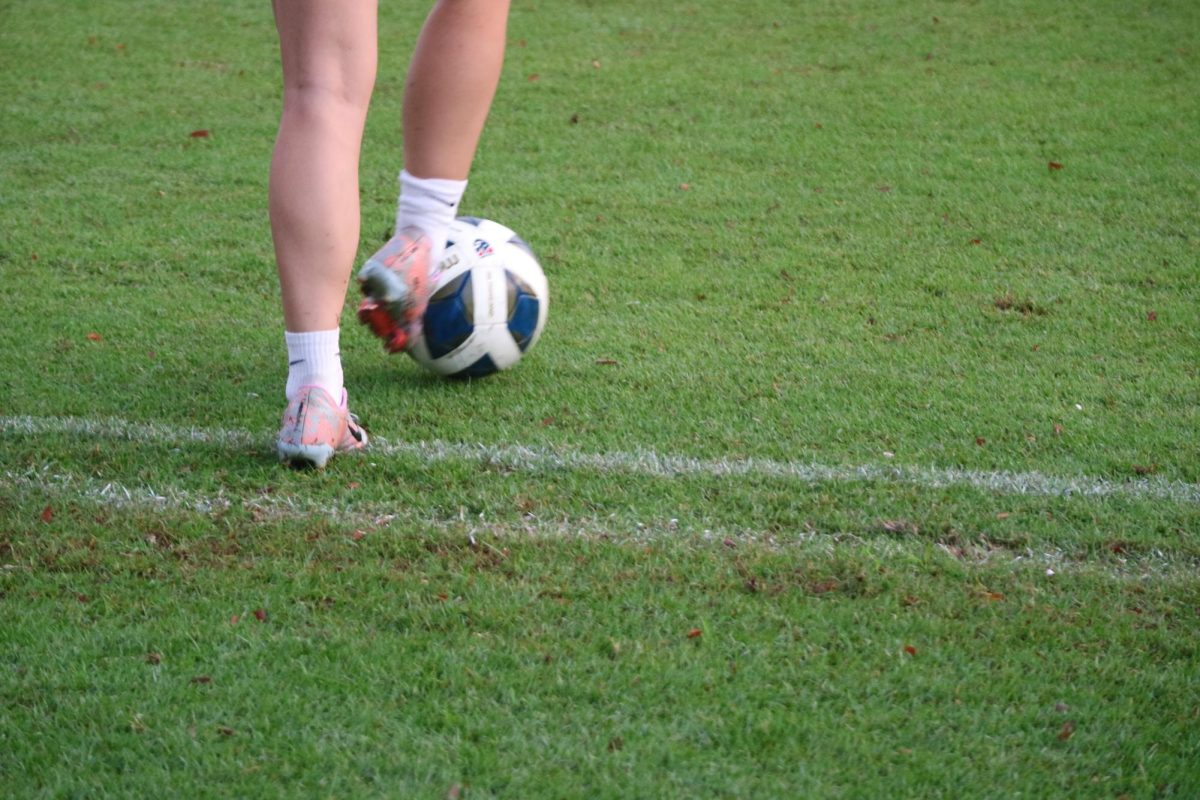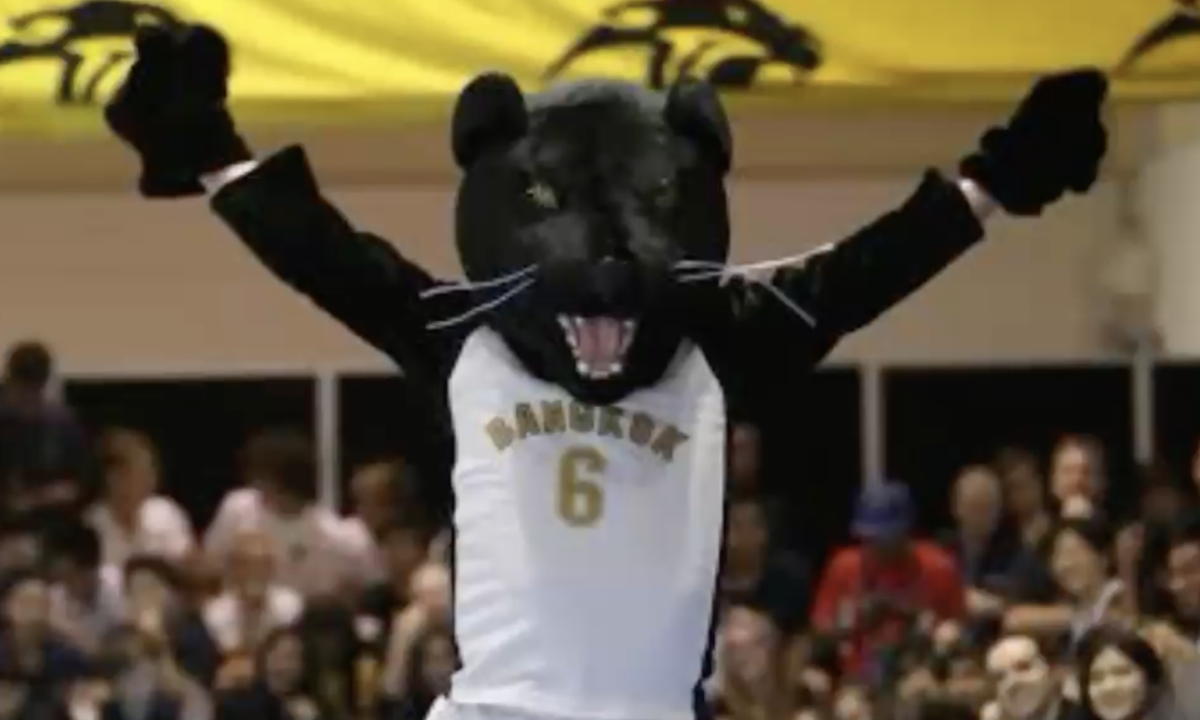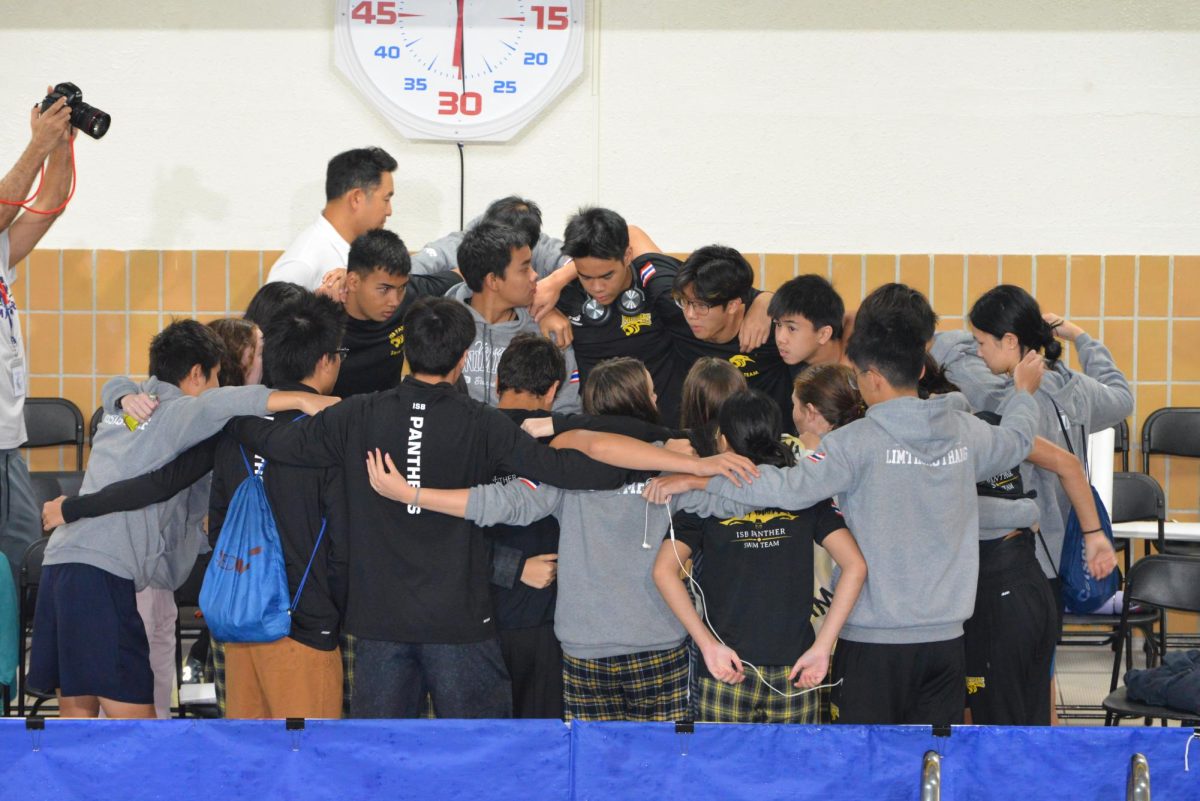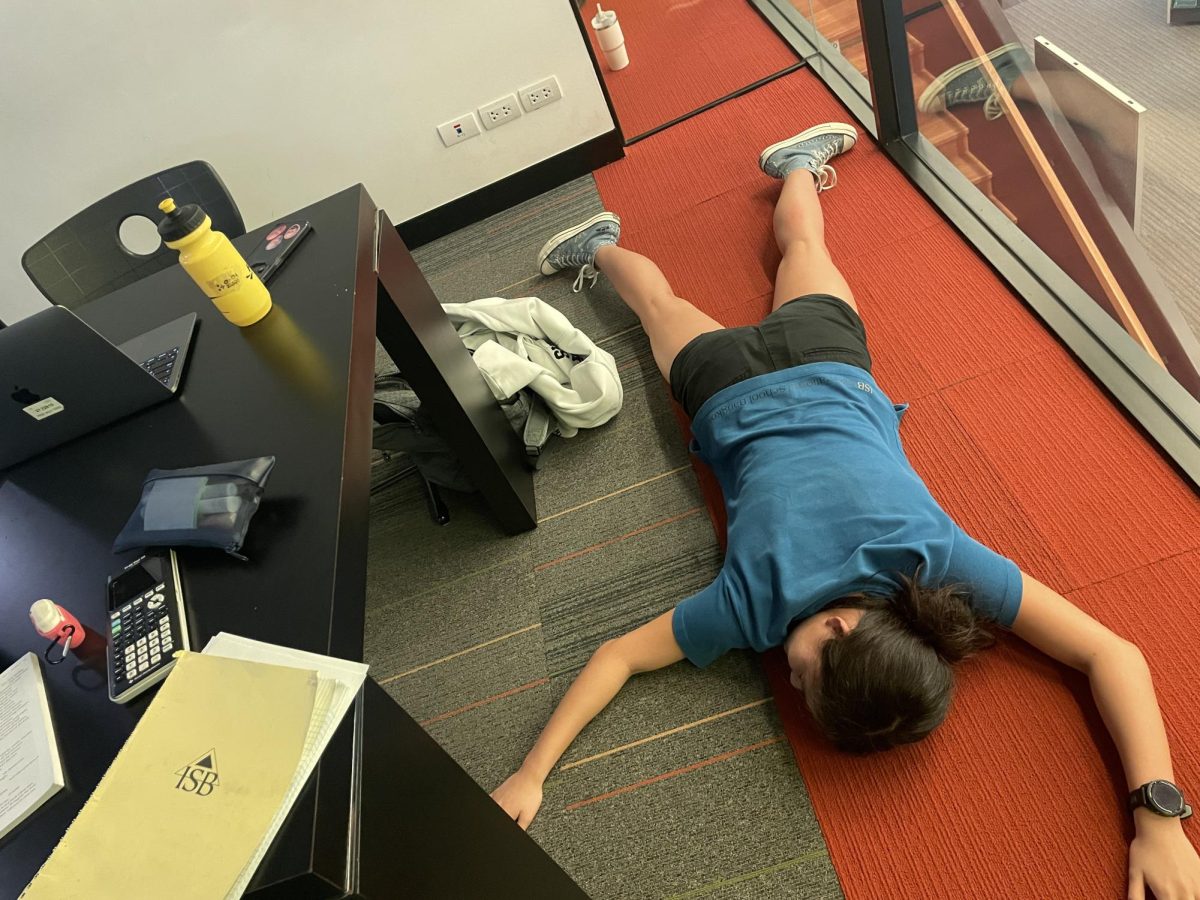Although we can still see street football dominating the Brazilian favelas, children playing basketball at lunch, and volleyball on the beach, sports have largely been taken over by economic overlords, whose shopping lists are now occupied by professional players and teams. Clubs who have struggled to keep up with their rivals in lower divisions can now be bought out by business tycoons and win the first division. The amount of money being spent on sports is spiraling out of control.
A prime example of the absurdity of sports spending has arisen in the race for FC Barcelona striker Lionel Messi. The Argentinian superstar has broken just about every record that exists in Barcelona, and the Spanish first division. There is little criticism available for the media to pounce on, but they usually target the fact that he has only played with Barcelona, suggesting that he would not perform as well with another team against different opposition. Many clubs have bid huge amounts of money for Lionel Messi, but it is rumoured that Chelsea and PSG have put in bids of up to 500 million dollars. That’s half a billion.
To contextualize that, if you stacked all the one-dollar bills for the purchase of this player’s talents, it would reach more than five times the height of Mount Everest. For a fifth of Messi, you could buy an entire island in the Bahamas, or take one tenth of the Argentinian’s price to buy a castle in Tuscany.
At this point, we must ask the question. As a society, are we taking sports too seriously? Money that could be used to build state-of-the-art hospitals or primary schools is instead being used to pay the astronomical wages of sporting talents, whose purpose is to entertain us, and subsequently bring in more money for their team to pour into player transfers and salaries.
As an avid sports fan, it’s easy to ignore how much is being sacrificed for the sake of my entertainment. Watching sports are a huge part of my life, but the skyrocketing of ticket prices, player salaries, and purchases of individual players has become unacceptable. If we look back at spending in football over the years, the rate of increase in prices is unbelievable. For instance, in in 1893, Willie Groves was transferred for 100 British pounds. 50 years later, the highest purchase was 30,000 pounds. However, the proceeding 50 years saw a scary increase in sports spending. In 2006, Andriy Shevchenko was transferred from AC Milan to Chelsea for 30 million pounds, and only a few years later; Christiano Ronaldo became the world’s most expensive player, moving from Manchester United to Real Madrid for 80 million pounds.
With the rise of player prices, came a synchronized incline in player wages. In 1956, Bob Pettit won the NBA Most Valuable player award while playing for the St. Louis Hawks. In an interview, he claimed that his original salary was 11,000 dollars per week. While this may still seem huge to us, it contrasts sublimely with player salaries at present date. These days, the MVP winners and basketball champions earn close to 20 million dollars per year.
We often take the amazing sports facilities here at ISB for granted. We have some of the best grass fields in all of Thailand, state of the art gyms, two swimming pools, and an abundance of equipment available to students throughout the sports seasons. The world of sports is changing, and schools, colleges, and professional clubs have to change with it. While we are lucky to have access to these brilliant facilities, we must be mindful of how we approach sports participation. I love sports as much as the next person, it will always be a part of my life, and I certainly hope with all the opportunities ISB offers, it will be a part of yours as well. It would, however, be wise to think back to our earlier years, when we played volleyball with balloons, tennis on the pavement without nets, and used coats as football goalposts. I think I speak for everyone when I say that these limitations did not detract from the overall enjoyment of our activities. Approaching your physical activities with this same humility can give you just as much satisfaction and enjoyment. After all, isn’t that what sports are all about?
Nathan Scott







